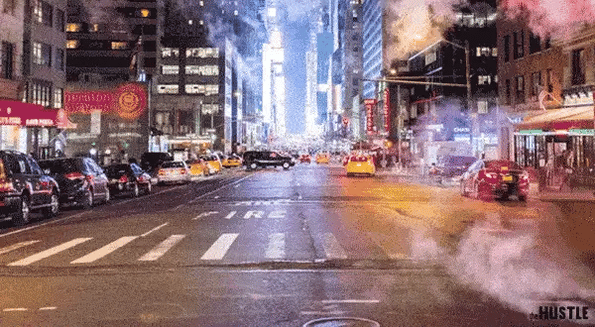New York aims to become the first American city to charge a new congestion fee to drive into the city’s busiest neighborhoods.

The tax is expected to be adopted as early as April 1, but the fees are not expected to take place until 2021.
But, before you New Yorkers road rage at the idea of a payout, consider for a second that the payoff may be worth its weight in gold.
Don’t shoot the messenger
According to Samuel I. Schwartz — a member on a state task force for congestion pricing last year — drivers will likely pay $12 to $14 for cars and ~$25 for trucks during peak business hours.
The bottom line is that the traffic relief rideshare companies have promised a myth — rideshares actually put more cars on the road. And, with autonomous vehicles at the cusp of hitting the streets, congestion will only get worse.
Adam Millard-Ball of UC Santa Cruz has argued in favor of these fees for some time — explaining that even 2k self-driving cars in a congested city, like today’s San Francisco, could slow traffic to less than 2mph.
Congestion fees have already proven to work
London, Stockholm and Singapore have been global guinea pigs for congestion pricing. In each city, fees were met with disdain but later proved effective in reducing traffic, congestion, and air pollution.
In London, the number of vehicles entering an 8-square-mile area dropped by 18% in 2003 (the first year of the fees being implemented). Nitrogen oxide emissions dropped 12% in that same timeframe.
New York hopes to generate over $1B annually with congestion fees; a revenue stream that would be used for investing in a stronger transit system.
Not everyone agrees
State legislators are at odds, with some arguing for an exemption process for drivers who are low income, have disabilities or are going to medical appointments. Some believe all residents should be exempt.
Problem is, exemptions mean higher tolls for everyone else. Alex Matthiessen, the head of a grass-roots campaign to support congestion pricing, said too many exemptions could hollow out the plan.
“Now we must guard against a race to the bottom as legislators seek carve-outs and exemptions for every class of driver.”
